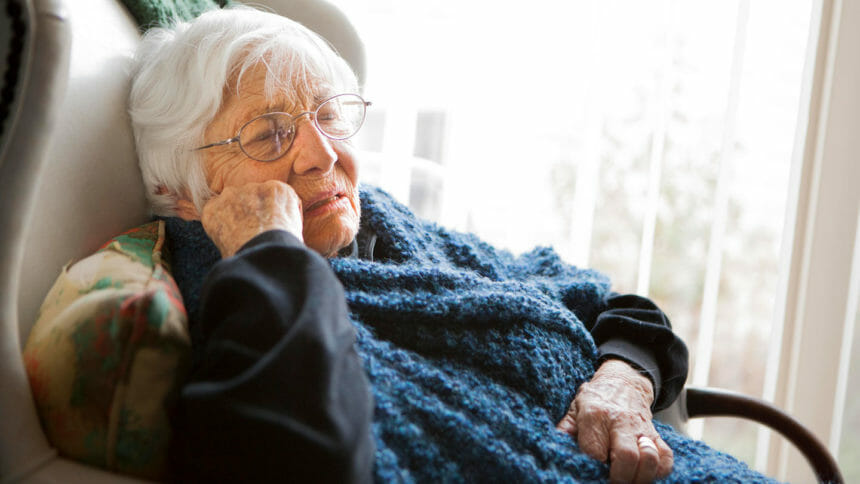
Loneliness is linked to insomnia, a new study finds. But this isn’t the first evidence that shows an association between them. That said, dealing with loneliness could help people with their sleep woes, the authors say.
Feeling lonely can make it hard to fall — and stay — asleep. It is also linked to waking early and not getting restorative sleep, a team from the New York University Rory Meyers College of Nursing and Duke University School of Nursing reported. Psychiatry Research published the study.
The team looked at 9,430 adults over the age of 50. Over the course of six years, 16% of people developed at least one insomnia symptom.
How can loneliness trigger insomnia symptoms? It increases anxiety and stress, and increases a person’s vigilance. Bei Wu, PhD, a consulting professor at Duke University and senior author, noted that social isolation and loneliness are different. People may experience both as they get older.
“Loneliness represents a perceived discrepancy between one’s actual and desired social relationships,” Wu said. “In our study, loneliness was linked with sleep problems, while social isolation wasn’t after we adjusted for health indicators.”
“At middle age we still have work that connects us and we’re mobile so we can travel easily,” she said. “But as we age our social network starts shrinking. Loss of family, loss of friends, loss of spouse and also our work position can disappear.”
“We’re born to be socially connected and emotionally connected,” Wu said. “Our relationships support our well-being.”
The news comes after a meta-analysis in June associated loneliness with having a higher risk for death — not to mention other health issues including dementia. Not getting enough sleep is linked to memory issues and cardiovascular problems.





